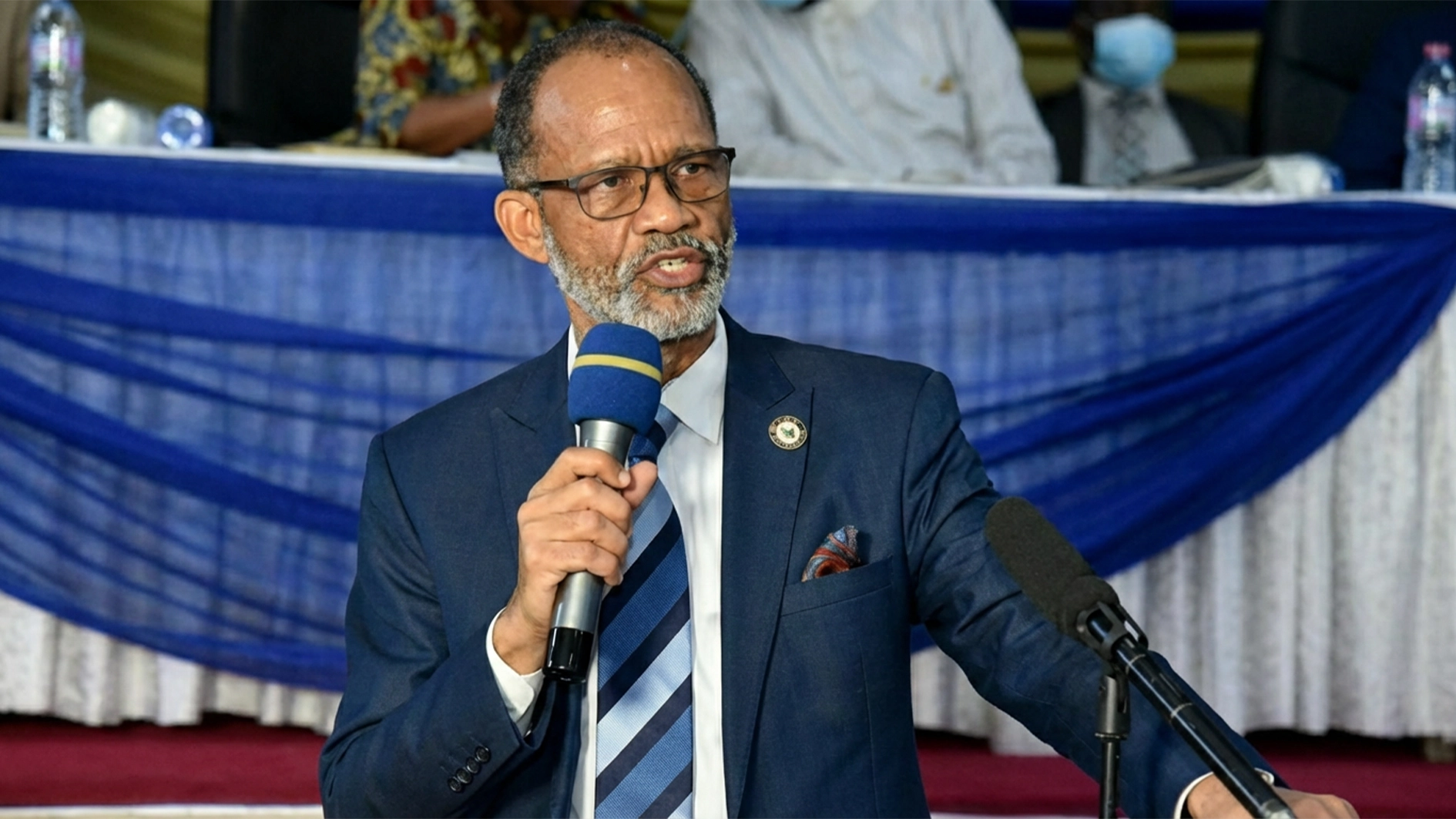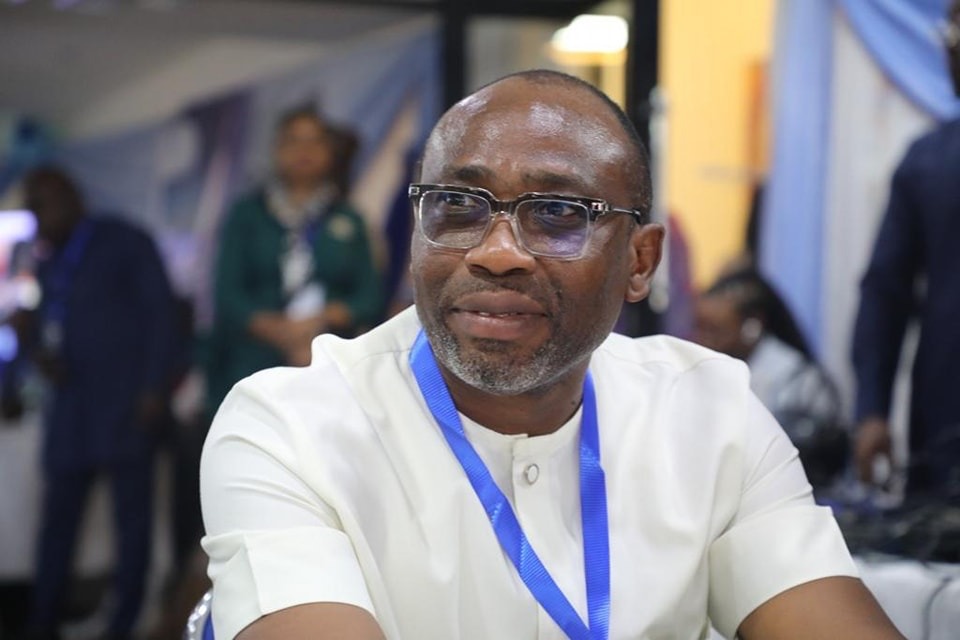Even in the midst of the pandemic, there is now an alarming four-fold increase in all forms of violence against women and girls in Nigeria, with disabled females twice as likely to experience violence.
This was revealed during a webinar for media practitioners on eliminating violence against women and girls by the Spotlight Initiative, in collaboration with the Ministry of Women Affairs.
In his speech, The UN resident Chief, Mr Edward Kallon, described the extent of violence against women and girls in Nigeria as ‘A pandemic within a pandemic’.
He said; “This year saw an alarming four-fold increase in multiple forms of violence against women and girls, especially physical, psychological, sexual and economic forms of domestic violence. This underscores the need to continue to fund, respond to, prevent the occurrence and collect robust evidence of violence against women and girls.
Breaking the silence on the issue of violence against women and girls, including rape and sexual exploitation, has encouraged more families to come forward and report cases of rape and other violence or abuse.
In nigeria, cultural and social norms that supports violence against women and girls are common places, and they are driven and sustained by negative perceptions, gender stereotypes, …which sees women and girls, not as equal partner of the society”.
In order to solve the issue of violence against women and girls (VAWG), Mr. Kallon, said the issues of poverty, mental health and socio-cultural settings, needs to be addressed.
“So the issue of gender equality, empowerment of women and protection of girls is at the center of social economic development, and this is not the time to question the need of empowering women. It is time to get on the job of protection of girls, and empowering women”.
The dialogue comes in the run-up to the annual, global “16 Days of Activism Against Gender-Based Violence,” which this year is focused on the role of the media in promoting accountability to end violence against women and girls.
The Spotlight Initiative is a global partnership between the United Nations (UN) and the European Union (EU) to eliminate all forms of violence against women and girls, in support of the 2030 Agenda on Sustainable Development. It was launched in September 2017 by the UN Secretary-General and the EU High Representative and Vice President (HRVP).
In Nigeria, the initiative envisions a Nigeria where all women and girls are free from violence and harmful practices.
“It is important to highlight that everyone in society has an important role to play in ending violence against women and girls and we all must work together across sectors to address the various aspects of violence against women and girls,” said Dame Pauline Tallen, Honourable Minister of Women Affairs.
The webinar further highlighted the facts and realities of gender-based violence and explored the need for media’s increased participation in policy advocacy, negative social norms change and intensified engagement and action on social media to support ending violence against women and children in Nigeria.
“The media as change agents are critical both in terms of how violence against women and girls is reported, and how communities and governments are supported to raise awareness and implement programmes to end violence against women and girls,” said Peter Hawkins, UNICEF Representative.
According to data by UNICEF; “31% of Nigerian women aged 15-49 have experienced physical violence, with 6% occurring during pregnancy.
Girls are more likely to experience both sexual and physical violence than other combinations of violence, with 1 out of 4 having experienced sexual violence and 1 in 5 experiencing their first incidence of sexual violence before the age of 13.
Twenty percent of women and girls age 15-49 are circumcised before the age of 5 in Nigeria, and 18.5 percent of girls were married before the age of 15. Women and girls with disabilities are twice as likely to experience violence of any form”.
Participants at the webinar included media executives and owners, including those of media associations and organizations, news editors, reporters, feature writers, columnists, investigative journalists, programme producers, editors, executives, on-air personalities and social media influencers and, gender specialists, human rights activists, media enthusiasts, CSOs and development agencies.
The outcome of discussions will form the basis for a ‘deeper dive’ into specific roles the media can play in ending violence against women and girls in Nigeria during a lineup of media dialogues that will be implemented across the five + 1 intervention states of Adamawa, Cross River, Ebonyi, Lagos, Sokoto and the FCT.






